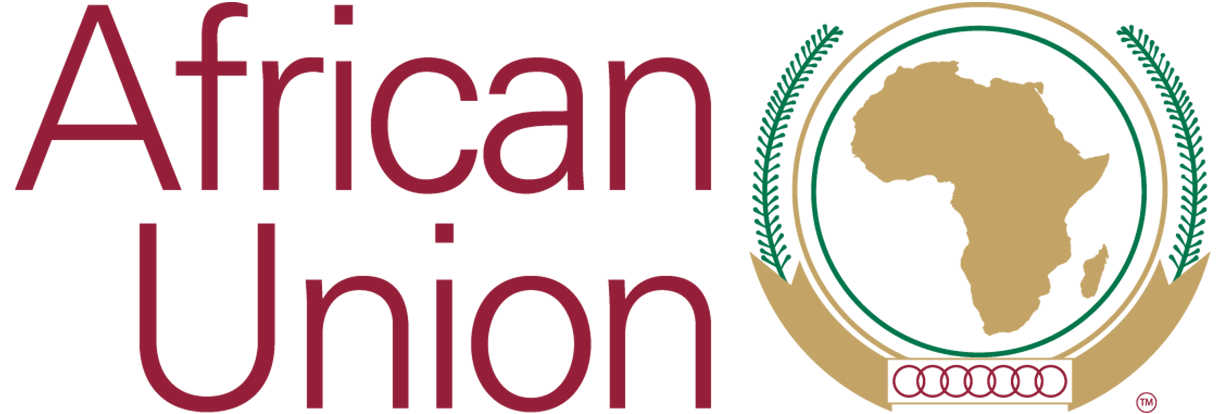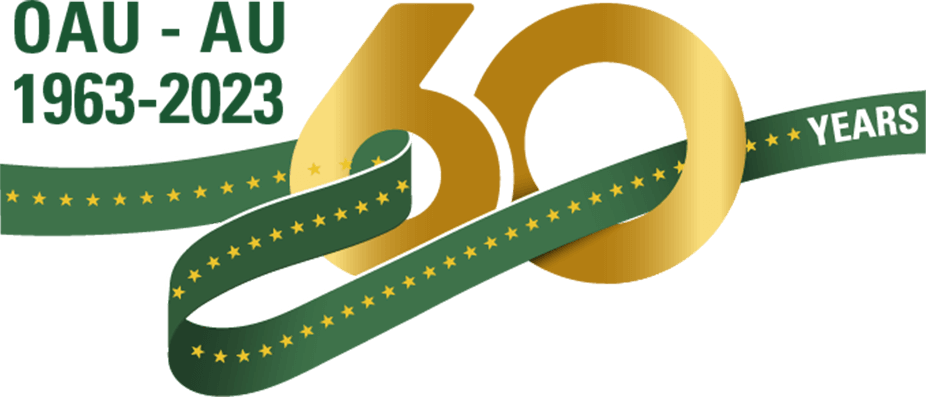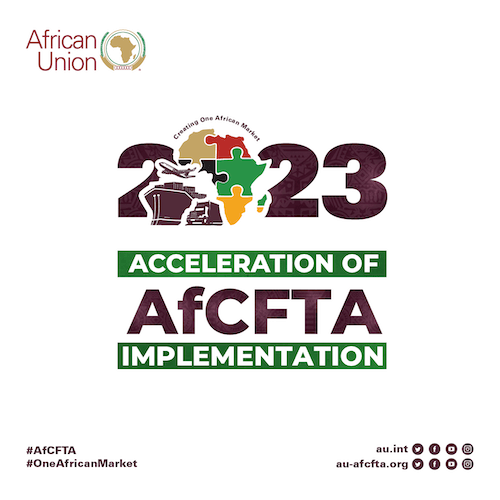Spotlight on 60 years of achievements
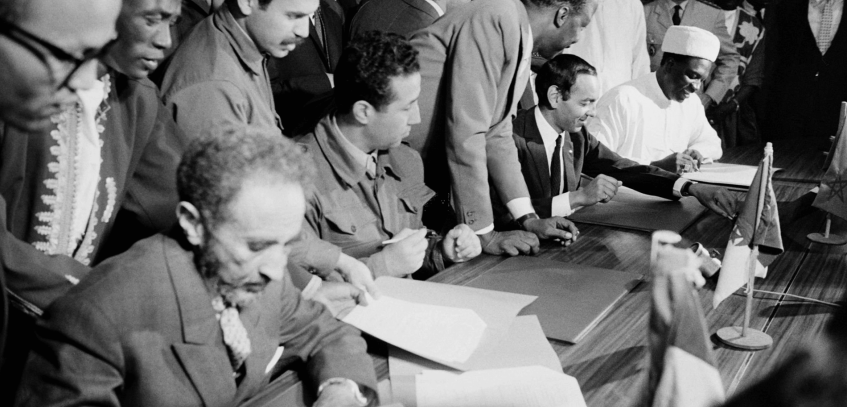
Decolonisation and the Struggle against Apartheid.
One of the major preoccupations of the OAU was the liberation of African states from colonial rule by establishing the Coordinating Committee for the liberation of Africa in 1963. The Committee organized diplomatic support, finances, military and logistical aid for liberation movements in some of these countries which included; South Africa, Namibia Angola, Zimbabwe, Mozambique, Guinea Bissau, Comoros Island among others.
The OAU initiated action against the apartheid regimes in Namibia, Rhodesia and South Africa at the International Court of Justice. This action was also presented at the United Nations Assembly, which led to the UN Security Council holding a special session on the African territory from 28th January to 4 February 1972. The OAU intensified this campaign globally by seeking the support of human rights institutions across the globe and progressive governments. All these eventually led to the dismantling of repressive racist minority rule and the introduction of constitutional mechanisms that guaranteed majority rule in the mentioned countries.
Defence of Member States’ Sovereignty and Territorial Integrity
The OAU/AU has always stood with states to ensure protection of their territorial integrity for example, Portugal`s last attempt at the colonial reconquest of Guinea was foiled when in the wake of the former’s attempt to reconquer Guinea, the OAU offered financial assistance and military aid to Guinea along and declared war on mercenaries in Africa and a successful information campaign waged by the OAU to alert the international community of Portugal`s aggression to Guinea.
Settlement of Disputes between Member States
The OAU was confronted with a number of boundary conflicts among African countries. The Commission on Mediation, Conciliation and Arbitration was formed on 25th day of May 1963 for the African Countries to settle their disputes peacefully among themselves. This Commission succeeded in resolving some of these boundary conflicts, including Morocco-Algeria, Somalia-Ethiopia, and Gabon-Equatorial Guinea.
Socio-Economic Development
In line with its principle to promote the economic prosperity of the African continent the Treaty establishing the African Economic Community commonly known as the Abuja Treaty that created the African Common Market using the Regional Economic Communities (RECs) as building blocks for the African countries was signed by African states. The OAU encouraged African countries to proclaim their permanent sovereignty over their natural resources and, at the same time, pressed for the modification of International Law with regard to the continental shelf and territorial waters. In the field of transport and communication, the OAU, together with several regional institutions, worked on intra-African projects such as Pan African Telecommunications, African Civil Aviation, and Trans-African Highway from Algiers (Algeria) to Mail and Niger, Mombasa, Kenya to Uganda as a means of promoting the exchange of goods, personnel and creation of an African common market for Africans.
African Charters and Treaties
To ensure Africa had legal sovereignty over its development and wellbeing of its peoples the OAU/AU has led the creation and signing of various legal instruments listed below
All the Charters are available on here.
Pan African Institutions and Organs
The OAU/AU has in the past 6 decades established various institutions that work in various sectors to promote the mandates of the Union and deliver on Africa’s development Agenda. Learn more about our institutions, download the AU Handbook here.
